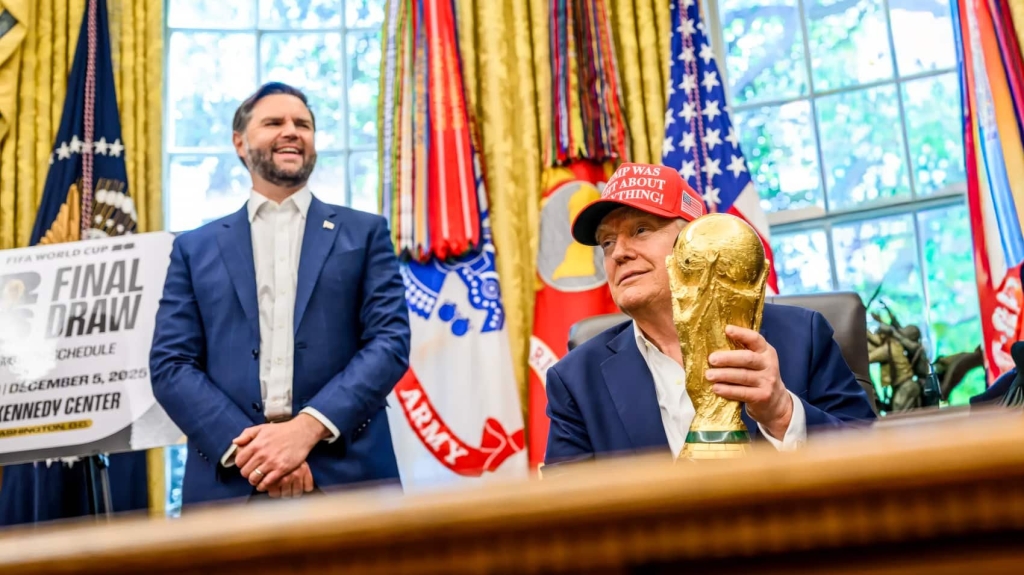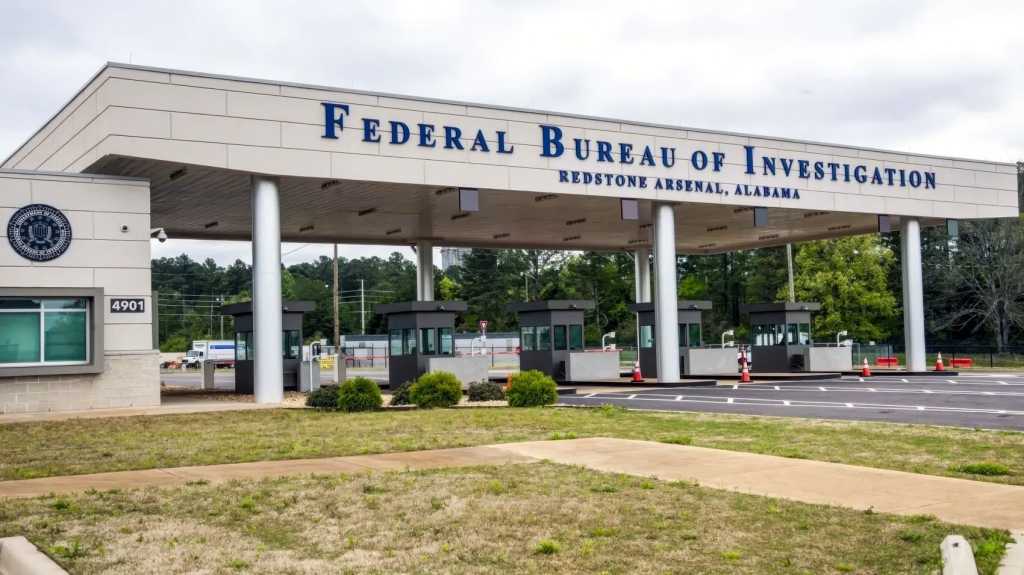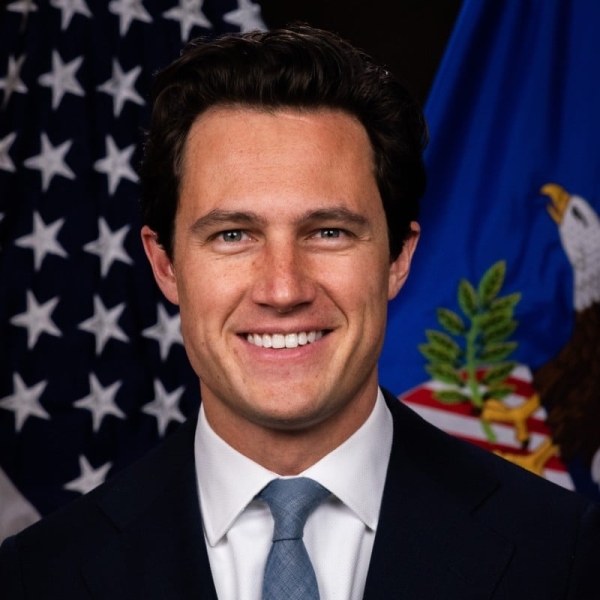Police To Get Counter Drone Powers For 2026 World Cup

Skyrover S1 Drones Now 15% Off With Amazon Coupon Plus DroneXL Discount Code
The U.S. faces one of its most significant airspace security tests in recent years as the 2026 World Cup brings millions of international fans to 11 host cities nationwide.

Drones are already listed as one of the top threats by the White House Task Force and the National Security Council. But there is a problem. State and local police do not have the legal authority to take down a dangerous drone. That authority sits only with federal agencies.
With time running out, federal leaders have decided not to wait for Congress. They shared their plan at a drone mitigation event in Washington, reports Fedscoop. They will train and then deputize state and local officers so they can take part in counter drone operations. The events were hosted by the White House World Cup Task Force, the Commercial Drone Alliance, and DroneResponders.
Former Minnesota Sen. Norm Coleman, who represents the host cities, explained that passing a law would be cleaner. It would be simple and permanent. But he also said officials cannot rely on Congress to deliver in time. He assured reporters that the public should feel confident. The people who need to operate the equipment will be trained and ready. Coleman also said that he is not waiting for lawmakers to act.

Photo credit: Federal Bureau of Investigations
The heart of the strategy is the FBI National Counter UAS Training Center in Alabama. The center was created under a Trump era executive order. It just graduated its first class last week. Officers who complete the course earn the authority to support federal counter drone operations. They work under the Department of Justice and the Department of Homeland Security. These are the agencies that already hold the power to detect, track, disrupt, and disable drones that pose credible threats.
Andrew Giuliani, head of the World Cup Task Force, said this training is a top priority. The program supports both World Cup events and the upcoming celebrations tied to the United States 250th anniversary. Giuliani described the deputization as a backup plan. He still hopes for legislation. But he made it clear the task force cannot base its security strategy on hope alone.
Drone activity is already showing warning signs. Giuliani said several stadiums saw unauthorized drones during the FIFA Club Cup in 2025. Those flights proved that stadiums and fan areas are soft targets unless cities have updated tools and trained people ready to respond.

Photo credit: The White House
The federal grant program is also pushing cities to act. It includes five hundred million dollars for drone detection systems and other airspace monitoring tools. But there is a condition. Agencies must have officers who are trained or are scheduled for training at the FBI center. Without that, they cannot access the funding. The first half of the grants opened last month. The second half will come in fiscal year 2027.
How Local Officers Gain Authority And What They Can Do
During the Washington event, Joshua Craddock from the Department of Justice explained the legal side. Federal law gives the DOJ and DHS the authority to detect, identify, monitor, track, and disable drones if needed. This authority was set to expire but was extended to January 2026 in the latest government funding bill.

Photo credit: The White House
Craddock explained that deputized local officers operate under the same federal authority when supervised by federal officials. They gain protections similar to those given to federal officers. These protections apply as long as they follow approved procedures and remain within the limits of their temporary federal status.
Once trained and authorized, these officers can use mitigation tools. That includes tools that disrupt a drone signal and tools that can take control of a drone during flight. They will operate in coordination with the FAA to make sure actions are safe and legal.
There is still legislative activity in Congress. A bipartisan bill from Rep. Andrew Garbarino would create a pilot program for state and local counter drone authority. The bill passed a House committee with full support. But until it becomes law, the deputization plan is the main option available.
Many technology companies were present at the event. Firms like Anduril, Skydio, AeroDefense, and Amazon Web Services showcased their tools. Vendors see the World Cup grants as a chance for cities to test airspace security systems that could later expand into smart city programs.
Skydio pointed out that the same drone used during an emergency call can also inspect bridges or water towers. AeroDefense promoted a citywide detection system that tracks drone activity and shows flight patterns across time. The Commercial Drone Alliance said most companies now focus on digital detection technology. Mitigation tools should always be a last resort.
DroneXL’s Take
The United States is taking drone threats seriously ahead of the 2026 World Cup. Deputizing local police is not perfect, but it is fast and practical. While cities cannot risk having no trained personnel when millions of fans arrive, drones will be everywhere in 2026. Some flights will be innocent. Others may not be. This mix of training, technology, and federal oversight may be the only solution that can be deployed in time to keep stadiums safe.
Photo credit: Federal Bureau of Investigations, The White House, FIFA
